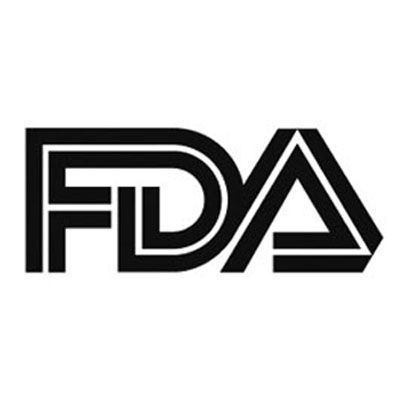TriNeta Becomes an FDA Breakthrough Device for Early-Stage Breast Cancer Detection
A novel liquid biopsy for the detection of early-stage breast cancer has been granted a breakthrough device designation from the FDA.

The FDA has granted breakthrough device designation to TriNeta, a blood test designed to detect early-stage breast cancer, according to a press release by the developer Datar Cancer Genetic, Inc.1
The test works by detecting circulating tumor cells that are specific to breast cancer. In recent studies, TriNeta detected cancer as early as stage 0 and stage 1 with a high level of accuracy. To detect cancer, only 5 ml of blood is needed. Patients that can be tested with the device are asymptomatic women who are older than 40 years of age with a prescription from their physician.
"We are pleased that the FDA has recognized the potential of TriNetra™ for the detection of early-stage Breast Cancer. We believe that TriNetra™ will offer definitive advantages for Breast Cancer screening once it receives marketing authorization from the FDA," said Dr Vineet Datta, Executive Director of the Company. The Company believes that detection of CTCs is the most dependable and accurate method for early detection of cancer as it enables capture and characterization of functional components of a tumor rather than fragments of dead cells. In that sense, CTCs represent a true non-invasive micro-biopsy.
In an observational study, RESOLUTE (CTRI/2019/01/017219), blood samples were analyzed from 10,625 asymptomatic individuals. Investigators sought to determine if the test could identify asymptomatic patients who did not have a history of cancer but were likely to develop cancer within the next year. Another key goal was to establish how viable the use of CTCs and circulating ensembles of tumor-associated cells (C-ETACs) were for early cancer screening, diagnosis, and prognostication.2
The primary end point of the study was specificity at 12 months, and the secondary end point was sensitivity at 12 months.
Of the 10,625, 10,155 were C-ETAC negative while 470 were determined to be C-ETAC positive. A total of 4 patients who were not lost to follow-up had breast cancer. The detection rate observed during the study was 0.015% among patients who were C-ETAC negative and 3.47% of the determined to be C-ETAC positive, showing a 230-fold increase in the 1-year cancer risk correlating with C-ETAC.
References:
1. FDA grants breakthrough designation for early-stage breast cancer detection blood test developed by Datar Cancer Genetics. News release. Datar Cancer Genetics. November 19, 2021. Accessed November 19, 2021
2. Rande A, Bhatt A, Page R, et al. Hallmark circulating tumour associated cell clusters signify 230 times higher one-year cancer risk. Cancer Prev Res. 2021;14(1):11-16. doi: 10.1158/1940-6207.CAPR-20-0322